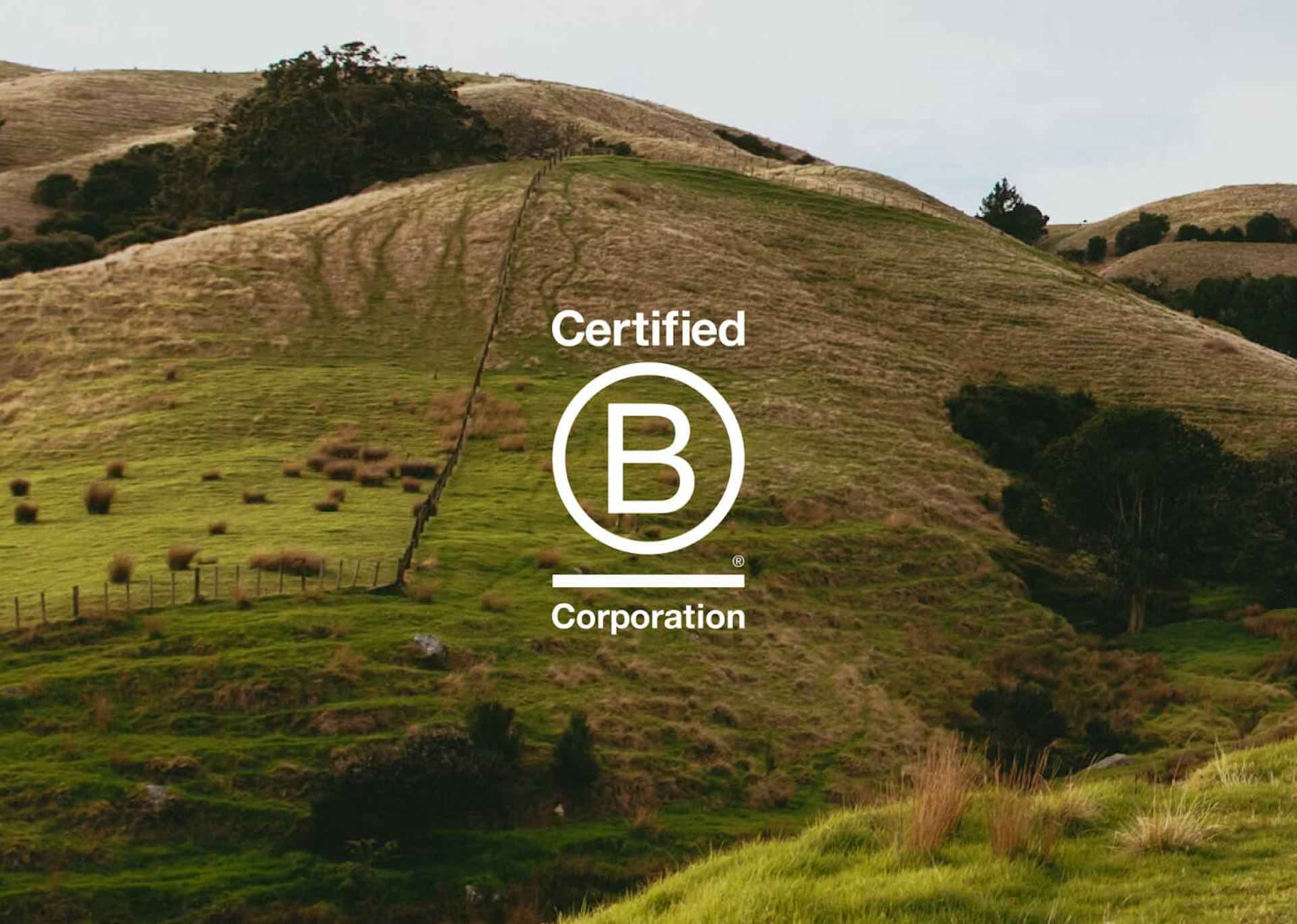Empowering success for B Corp-certified companies
We spoke to Tamara Pitelen at Grow Good, the team helping New Zealand companies fast-track their B Corp certification journey.

A big part of the journey toward certification is the B Corp points scoring system. We love to see that companies that offer employee ownership, or the option to own shares in the company, are offered points towards their certification!
What is a B Corp-certified company?
Certified B Corporations are businesses that meet the highest standards of verified social and environmental performance, public transparency, and legal accountability to balance profit and purpose.
B Corps are accelerating a global culture shift to redefine success in business and build a more inclusive and sustainable economy.
Essentially, they’re businesses that undergo an independent process of certifying the ongoing improvement of their environmental and social impacts.
What are the advantages of being a B Corp company?
There are quite a few!
Let’s start with:
Recruitment: B Corps attract the best talent and have better staff retention.
Profitability and competitive edge: Empirical data shows that B Corps are making more money than non-B Corps in their industry. B Corps proved more resilient through the pandemic as well.
Brand loyalty: More customers want sustainable brands and vote with their wallets.
Access to capital: Investors now demand businesses that they invest in to have transparency in their ESG.
Cost savings: B Corps have found innovative ways to significantly cut costs by scrutinising their operations.
Legislation-proof: Have you noticed the raft of new ESG legislation that’s been passed all over the world? Becoming a B Corp means you’re not going to be left behind.
Why are we seeing more companies in NZ and Australia becoming B Corps?
More than 600 companies across New Zealand and Australia are Certified B Corporations, representing industries from accounting to waste management.
There are many drivers of this growing interest, but the main one is that business owners have read the writing on the wall. The old way of doing business is extractive, destructive, and unsustainable.
A new low-carbon economy is fast emerging as the world gets to grips with solving the unprecedented challenges of the climate crisis and a population approaching 10 billion.
While the business world has driven much of this destruction, the business world is also the only sector with the innovation, creativity, and resources necessary to quickly find and scale the solutions.
Ultimately, business owners and employees are just people. And most people don’t want to trash their planet and their communities. They want to see their children and grandchildren thrive. This is also driving the growth of the B Corp movement because certification offers businesses an ESG roadmap.
Most people want to be part of the solution but don’t know how. B Corp shows them how.
What does the process involve, and how long does it take?
B Corp certification is a positive screening tool. In other words, you score points for the good you’re doing. For example, treating your staff fairly, supporting disadvantaged groups in your community, or helping regenerate the environment.
The companies interested in a certified B Corp are already demonstrating some ongoing impact in social and environmental improvement, so they may be closer to being B Corp certified than they think!
The timeline varies depending on the number of new initiatives a business decides to adopt and how much effort it requires. As a rule of thumb, expect it to take 12 to 18 months, depending on the size and complexity of the business.
The first step is to talk with a group or consultant that knows what they’re talking about, such as Grow Good, which offers free health checks to better understand what would be involved in getting your business B Corp certified.
Now for the legal bit
This article is for informational purposes only and contains general information only. Sharesies is not, by means of this information, rendering accounting, business, financial, investment, legal, tax, or other professional advice or services. This publication is not a substitute for such professional advice or services, nor should it be used as a basis for any decision or action that may affect your business or interests. Before making any decision or taking any action that may affect your business or interests, you should consult a qualified professional advisor. This information is not intended as a recommendation, offer or solicitation for the purchase or sale of any options or shares.
Join over 930,000 people



